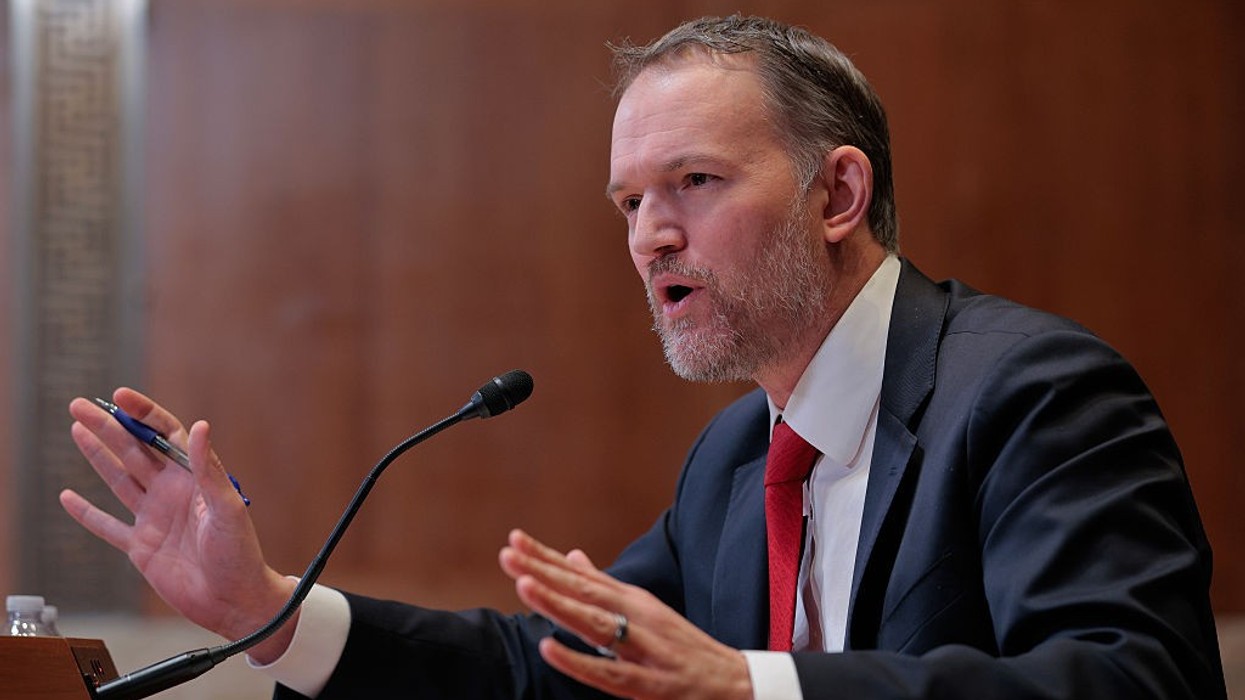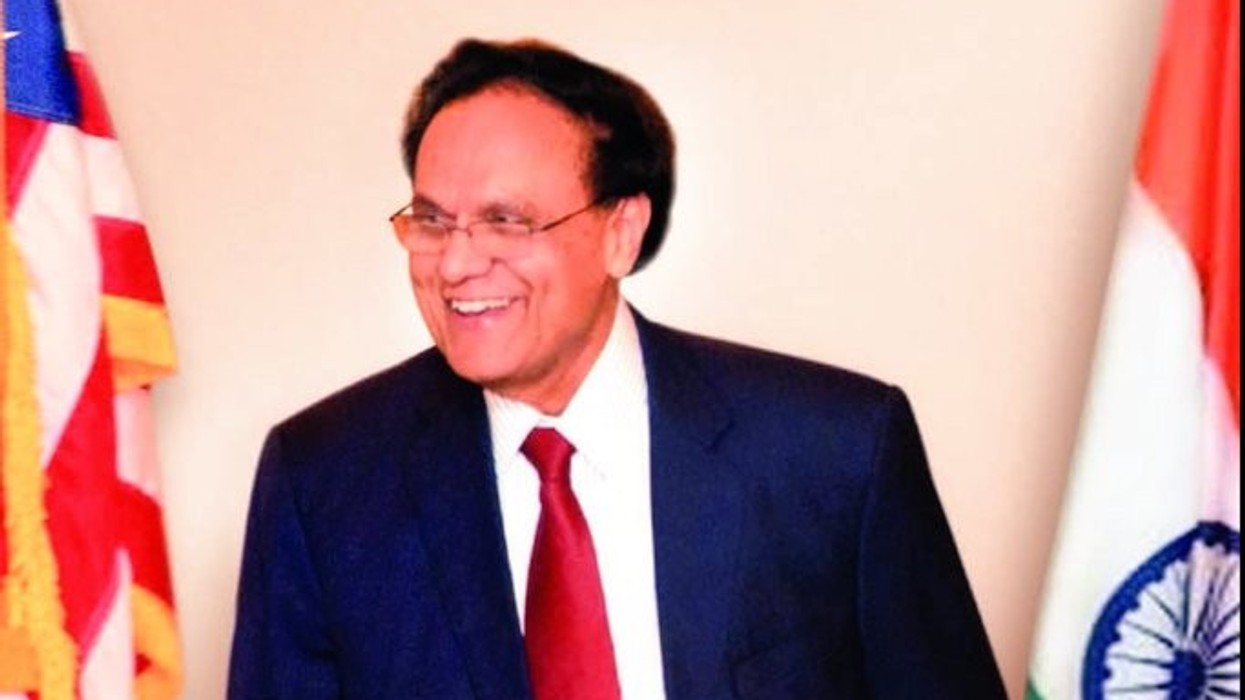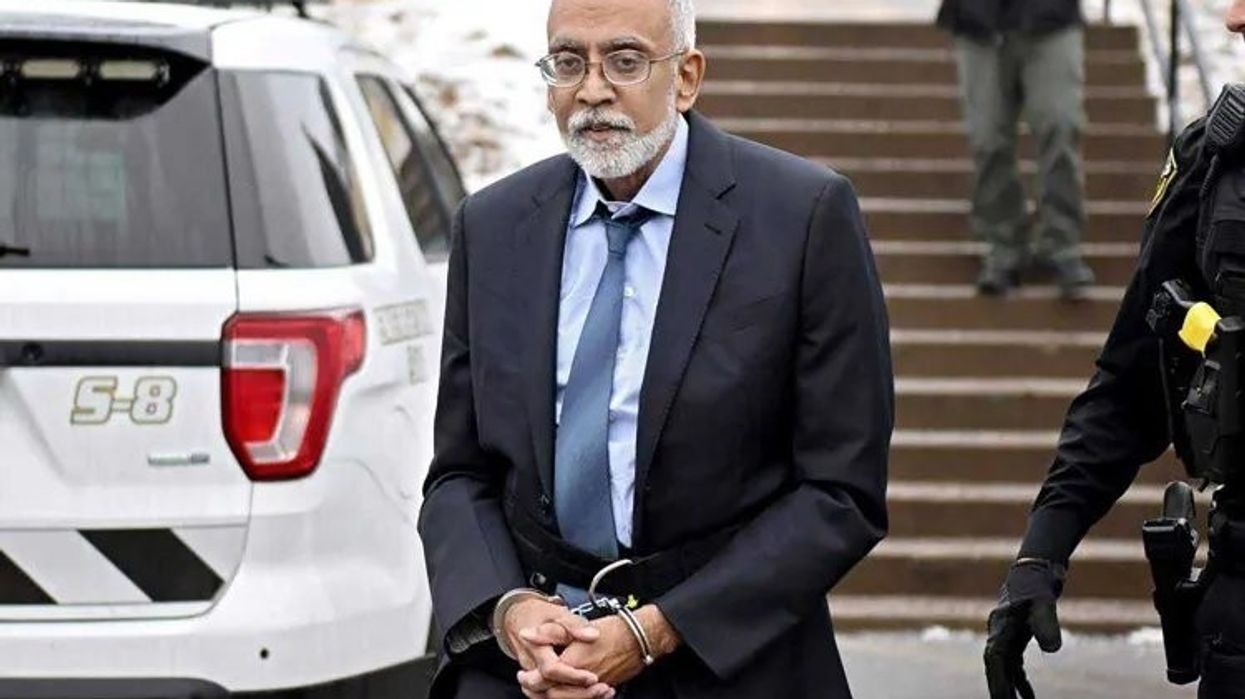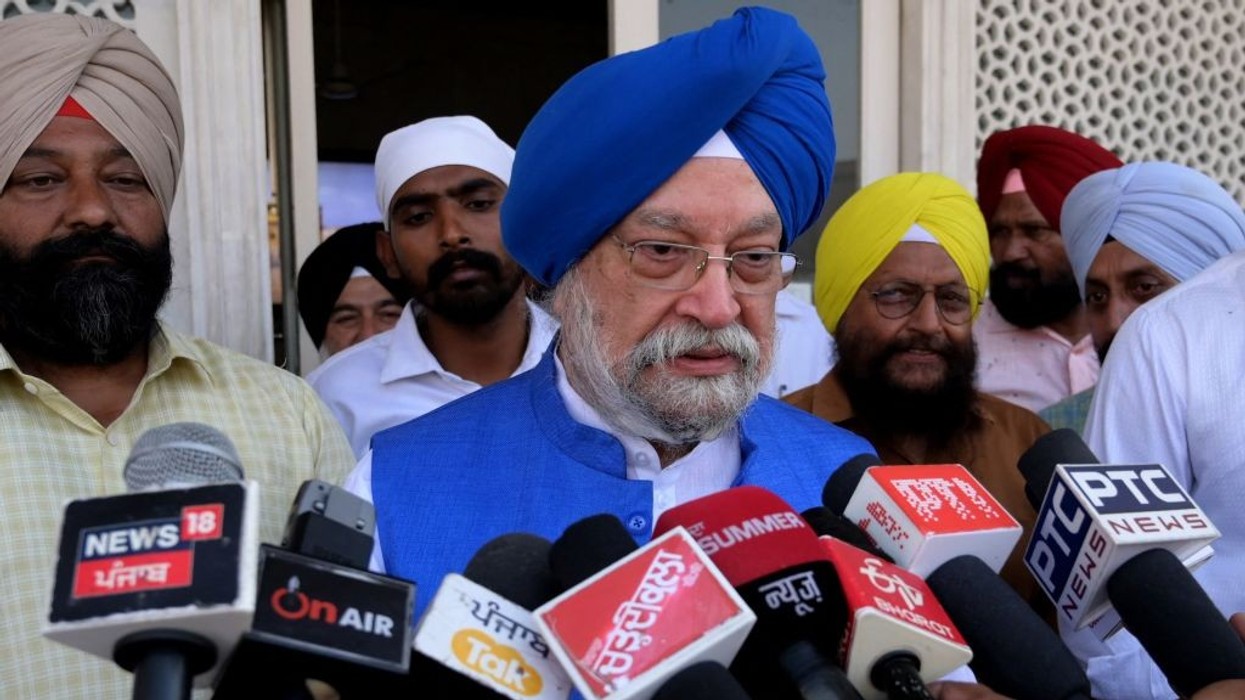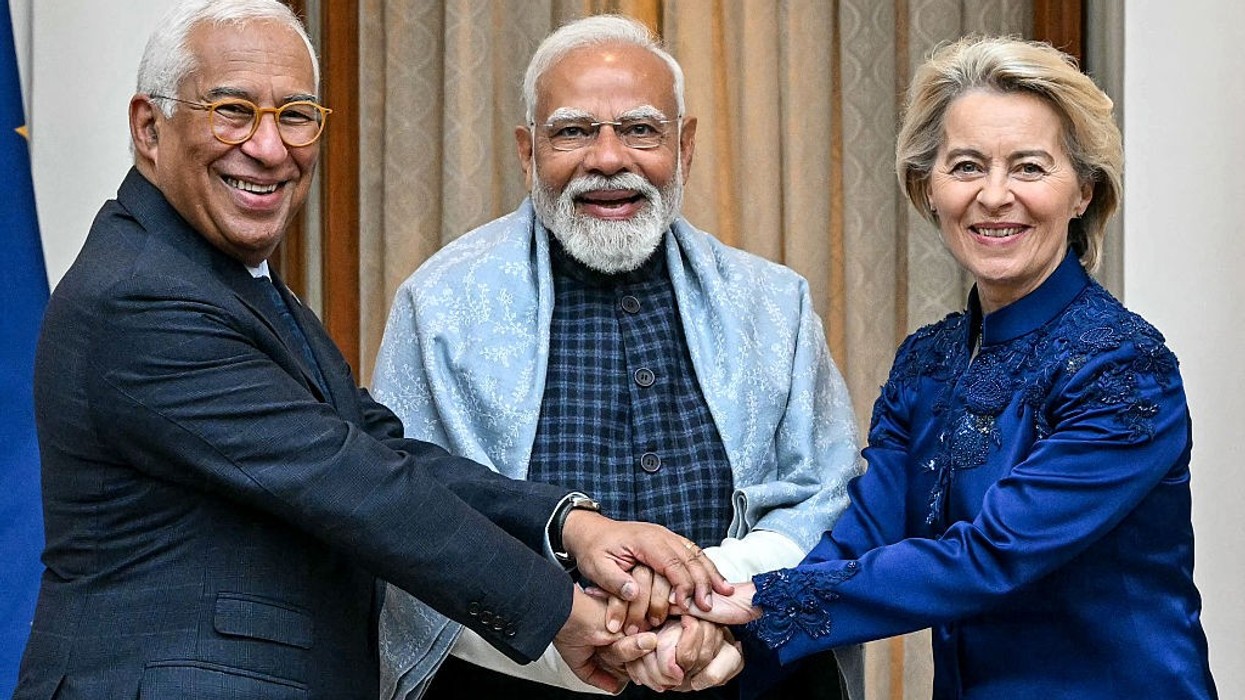Five Highlight Points:
- DHS ends automatic renewal of Employment Authorization Documents (EADs) from October 30, 2025.
- The rule aims to ensure “proper screening and vetting” of all migrant workers.
- Nearly 450,000 people apply for EAD renewals annually in the US.
- The decision follows Trump’s $100,000 annual fee rule for H-1B visa applications.
- Indian workers, forming 71 per cent of H-1B recipients, are expected to be most affected.
In another significant tightening of US immigration policies, the Department of Homeland Security (DHS) has announced the end of automatic renewal of work permits for migrant workers, a move expected to impact thousands of Indians employed across American industries.
The decision, which took effect on Thursday (30), eliminates the automatic extension of Employment Authorisation Documents (EADs), requiring applicants to undergo renewed scrutiny before being allowed to continue working.
The DHS stated that the rule aims to ensure “proper screening and vetting” of all migrant workers before their employment authorization is extended. “Aliens who file to renew their EAD on or after Thursday (30), will no longer receive an automatic extension of their EAD,” the agency clarified. It added that the change would enable the US Citizenship and Immigration Services (USCIS) to conduct more frequent background checks to prevent fraud and identify individuals who may pose security risks.
“Reviewing an alien’s background will often enable USCIS to deter fraud and detect aliens with potentially harmful intent so they can be processed for removal from the country,” the department said. USCIS Chief Joseph Edlow defended the rule, calling it a “common-sense measure” to ensure proper vetting. “Working in the US is a privilege, not a right,” he added, underscoring the administration’s stricter stance on immigration compliance.
Previously, under the administration of former President Joe Biden, migrant workers were permitted to continue working even if their EADs had expired, provided they had filed a renewal request on time. That policy had provided relief to foreign workers facing long processing delays.
According to government data, nearly 450,000 people apply for EAD extensions in the US each year, with USCIS processing about 49,000 applications monthly. The end of automatic renewals means that workers awaiting extensions could face employment gaps, financial instability, and possible deportation risks if their applications are delayed.
The announcement comes just weeks after another major immigration policy shift under President Donald Trump’s administration — the imposition of a $100,000 annual application fee for H-1B visas. The move sent shockwaves through the tech and professional sectors that rely heavily on skilled foreign workers, particularly from India and China.
Official figures show that India accounts for nearly 71 per cent of all approved H-1B visa recipients, followed by China at 11.7 percent. The US grants 85,000 H-1B visas annually through a lottery-based system, with California hosting the largest number of H-1B professionals. Major companies like Amazon, Tata Consultancy Services, Microsoft, Apple, and Google are among the top sponsors of H-1B employees.
In a related update, the DHS also announced that starting December 26, all non-US citizens, including green card holders, will be required to undergo facial recognition and biometric checks at entry and exit points. Together, these moves mark a decisive shift toward tougher immigration control and monitoring—signalling uncertain times ahead for the vast Indian diaspora working across the United States.




